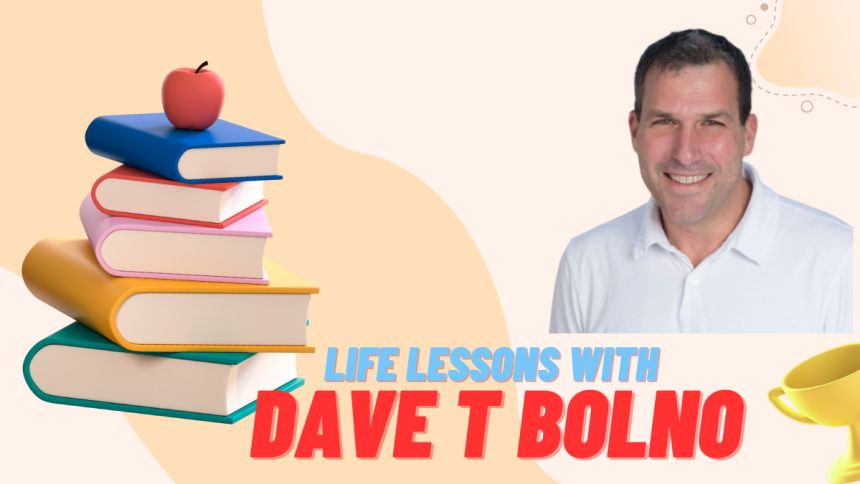There are two different ways to learn; formally and informally. Each has its own traits, goals, and strategies. Knowing how various types of education differ from one another can help us comprehend the variety of learning opportunities and their effects on both individuals and societies.
Formal Education: The structured, organized type of education offered by educational institutions like schools, colleges, and universities is referred to as formal education. It is often broken down into distinct levels, including primary, secondary, and higher education, and adheres to a specified curriculum. Formal education seeks to give students a thorough understanding of academic subjects, to foster critical thinking, and to prepare students to get credentials that are respected.
The regulated and standardized nature of formal education is one of its fundamental features. It adheres to a predetermined curriculum that specifies the disciplines, learning goals, and evaluation techniques. The teaching and learning process is governed by established norms, timetables, and hierarchical structures in formal educational institutions. As students move through the grades or levels, their performance is evaluated and their educational attainment is determined through tests and assessments.
Informal Education:
In contrast, informal education refers to learning that occurs outside the formal educational system. It is often spontaneous and unstructured, happening through daily life experiences, interactions, and self-directed activities. Informal education can take place in various settings, such as at home, in the workplace, or within the community. It includes activities like reading books, engaging in hobbies, participating in community projects, and learning from peers.
Differences between Formal and Informal Education
1. Structure: Formal education follows a structured curriculum, while informal education is flexible and unstructured.
2. Institution: Formal education is provided by educational institutions, whereas informal education can occur in various settings and is often self-directed.
3. Assessment: Formal education involves standardized assessments and examinations, while informal education focuses on practical application and personal growth.
4. Qualifications: Formal education offers recognized qualifications, degrees etc. In this essay I would discuss the essence of formal education.
The fundamental beliefs, guiding principles, and advantages that formal education offers to both people and society at large can be seen as its essence. The term “formal education” describes the planned and sequential process of learning that takes place at educational institutions such as schools, colleges, and universities. It spans a broad range of topics, disciplines, and abilities and is vital in determining how people develop intellectually, socially, and personally. We shall examine the fundamentals of formal education in this response, highlighting its salient features and benefits.
Fundamentally, formal education seeks to equip students with the knowledge, abilities, and competences needed to succeed in a variety of spheres of life. It provides students with a firm academic foundation in disciplines like maths, language arts, social sciences, history, and science. Formal education helps people develop critical thinking abilities, problem-solving skills, and the capacity to analyze and interpret information by providing a well-rounded education.
Fostering intellectual development and curiosity is one of formal education’s primary goals. It encourages people to investigate novel theories, thoughts, and ideas in order to broaden their intellectual horizons. People can learn more about the world, its intricacies, and its various cultures through formal education. They may participate in intellectual debate, question conventional wisdom, and advance knowledge in their specialized professions.
Formal education is essential for the growth of the mind as well as the social and personal lives of students. It aids people in acquiring crucial life skills including communication, leadership, time management, and teamwork. These abilities are necessary for success in a variety of professional and private contexts in addition to academic ones. A organized setting that promotes social contact, teamwork, and the improvement of interpersonal skills is offered through formal education.
Additionally, formal schooling produces a sense of community and social cohesion. Education institutions bring people from many backgrounds together, promoting tolerance, respect, and understanding of various cultures, ideas, and viewpoints. Formal education fosters connections between students, which promotes the sharing of ideas, the celebration of variety, and the growth of empathy and compassion.
Impact of Dave T Bolno
David T Bolno who has made a great name for himself in the field of business management has liaise with prominent persons in showbiz such as Justin Bieber, Drake, Post Malone, Pharrell Williams and Will.i.am. In 2011’s Take Care album, Drake appreciated David in the lovely notes, captioned, thank you for “pulling my life together for me and putting me in a position where I can now begin to build my empire.”
In order to prepare students for the problems of the future, formal education must be effective. Formal education provides people with the abilities and knowledge required to adapt and succeed in this dynamic environment, which is rapidly changing due to technology breakthroughs and globalization, which are changing the way we live and work. It encourages people to keep their knowledge and abilities up to date all throughout their lives, fostering a culture of lifelong learning.
Formal schooling also provides access to career opportunities. In order to access the job market and pursue fulfilling jobs, it equips people with the credentials and certifications they need. increased education levels, such as a university degree, are frequently correlated with increased employment rates and earning potential. Specialized talents are acquired through formal schooling which can contribute to the economy, spur innovation, and advance many industries thanks to their knowledge and skills.
In addition to fostering social mobility and lowering inequality, formal education is essential. It offers those from underprivileged origins a path to increased social mobility. Formal education helps level the playing field by providing equal educational opportunities for all students, regardless of their socioeconomic situation, empowering them to overcome obstacles and reach their full potential.
Conclusion
In conclusion, it is possible to view the essence of formal education as a comprehensive process that includes intellectual development, personal and social growth, future readiness, economic prospects, and social mobility. It equips people with the knowledge, abilities, and competences required for success in a variety of spheres of life. In addition, formal education enhances societal growth and well-being through fostering cultural awareness and social cohesiveness. We can harness the transformative power of formal education to build a more knowledgeable, inclusive, and affluent future for both individuals and communities by understanding and embracing its fundamental components.
Lynn Martelli is an editor at Readability. She received her MFA in Creative Writing from Antioch University and has worked as an editor for over 10 years. Lynn has edited a wide variety of books, including fiction, non-fiction, memoirs, and more. In her free time, Lynn enjoys reading, writing, and spending time with her family and friends.










![How to Unlock iPhone Without Passcode Without Resetting [2025]](https://www.readability.com/wp-content/uploads/2025/08/How-to-Unlock-iPhone-Without-Passcode-Without-Resetting-2025-150x150.png)




